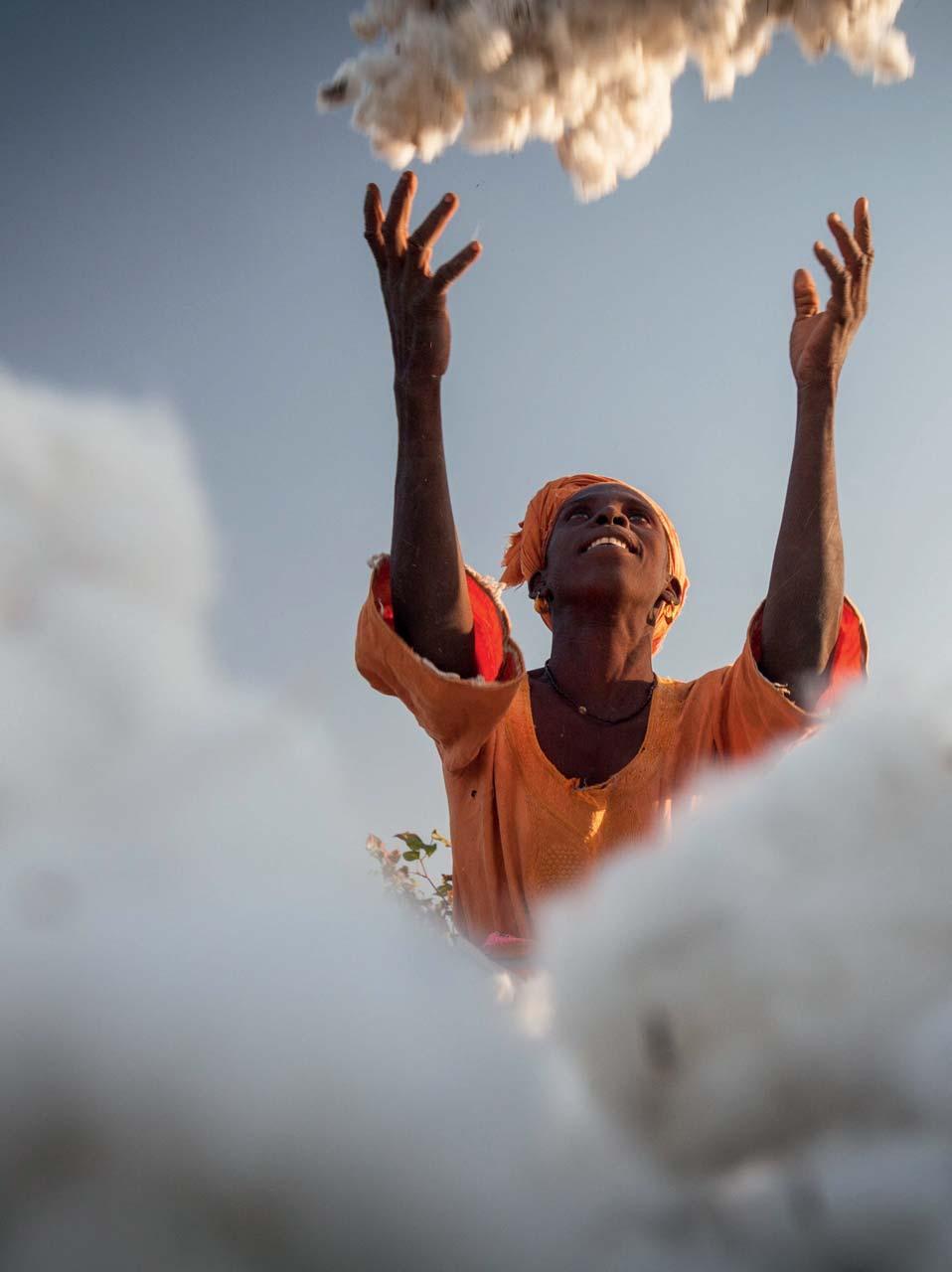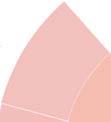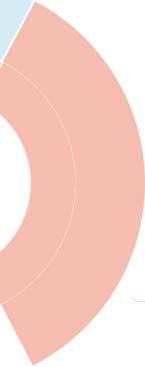FOCUS ON FAIRTRADE PRODUCTS: COTTON










6.6
CHAPTER
Fairtrade cotton farmer Kady Waylie throwing freshly picked cotton onto a heap in Sitaoulé Bananding, Senegal.
6.6 Cotton 106 Fairtrade International
© Photography: Sean Hawkey
Cotton is a growing category for Fairtrade, with sales of 8,125 MT in 2016 and 18
percent of the world’s cotton is currently produced sustainably, and there is increasing interest from within the industry itself, as well as pressure from NGOs, to set high sustainable cotton sourcing commitments. In order to take advantage of this favourable engaging with cotton stakeholders, including businesses, NGOs and governments, to build cotton and address the most pressing issues of transparency and traceability in cotton supply chains.
Working to grow the Fairtrade market for cotton
Since 2014, manufacturers have been able to purchase Fairtrade cotton in bulk and mix it with to sourcing and creating 100 percent Fairtrade cotton products. This concept, known as ‘mass
balance’ and labelled under the Fairtrade Cotton Program, was launched to expand the uptake of
of increased Fairtrade sales to cotton farmers. There is strong interest in this model. By the end of 2016, we had seven sourcing commitments globally, and continued engagement with businesses that are keen to address the sustainability-related challenges in the cotton sector. We also introduced new and customized supply chain services that map and link commercial partners to support and guide them with the sourcing of Fairtrade cotton. This allows us to help them identify suitable end product options with competitive advantage.
Fairtrade launched the Fairtrade Textile Standard in June 2016. This Standard, which is part of the broader Fairtrade Textile Programme, is designed to tackle the challenging working conditions of textile factories by extending the Fairtrade approach to the entire textile supply chain. By committing to Fairtrade, fashion and textile companies can help improve the social and economic well-being of workers across the entire production chain. Based on Fairtrade’s existing Standard for Hired Labour, the Fairtrade Textile Standard focuses on working conditions, living
6.6 Focus on Fairtrade products: cottonMonitoring Report 9th Edition 107
6.6 Cotton
wages and workers’ rights, and allows for other Fairtrade’s Responsible Fibres criteria.1 It’s the be paid within a set time period – six years after responsible for fair and long-term purchasing practices that are essential for implementing wage increases. Overall, the Textile Standard aims to empower factory workers and enable them to negotiate labour conditions independently. Three German brands (3Freunde, Shirts For Life and Fairtrade Textile Standard and Programmee in 2016.
Enhancing sector collaboration
In order to raise awareness about Fairtrade cotton and build more sustainable sourcing practices in the sector, Fairtrade actively participated at industry events, such as the Textile Exchange and Innovation Forum Apparel conferences. Fairtrade collaborated with other cotton standards through the Cotton 2040 initiative2 convened by Forum for the Future. Fairtrade also partnered with Prince Charles’ Sustainability Unit on roundtables to engage with the industry to increase the uptake of sustainable cotton.3
In addition, Fairtrade continues to engage with the German Textile Partnership, which was initiated by the German Federal Minister for Economic Cooperation and Development. This Partnership is a multi-stakeholder initiative with about 150
standards/documents/generic-standards/ResponsibleFibreCriteria.pdf
2 ‘Cotton 2040 is a unique cross-industry partnership, bringing together leading international brands and retailers, cotton standards, existing industry initiatives and other stakeholders across the supply chain.’ Read more here: https://www.forumforthefuture.org/ project/cotton-2040/overview
3 Fairtrade Foundation (24 May 2017) ‘Sustainable Cotton Communique’. Available at: https://www.fairtrade.org.uk/Media-Centre/ News/May-2017/Sustainable-Cotton-Communique
6.6.2
6.6 Cotton 108 Fairtrade International
RESEARCH INSIGHT
Baseline study of Fairtrade Cotton in West Africa
The study was commissioned in 2015 by Fairtrade to look at the impact of Fairtrade
Using a sample of Fairtrade and non-Fairtrade SPOs and farmers, the study found that Fairtrade had a positive impact in the areas of higher price services to women, overall access to training, social project investments, and internal control systems. For example, farmers in Fairtrade
training, and were more likely to have policies relevant to gender and young people. There was
yields (conventional only), food insecurity, and vulnerability. The study recommends that Fairtrade invests more in farmer support and in improving market access for increased Fairtrade cotton sales.
Aidenviroment (2015)
6.6.3
6.6 Focus on Fairtrade products: cottonMonitoring Report 9th Edition 109
6.6 Cotton
civil society. Together they are striving to improve the social and environmental conditions in textile production globally – from the production of raw materials for textile production to the disposal of textiles.













Advocating for a more sustainable cotton sector


Political advocacy has been another important area of work to defend the interests of vulnerable cotton farmers and promote the take-up of Fairtrade cotton. To this end, Fairtrade engaged with industry experts to research and develop a position paper called ‘Power to West African cotton producers.’4 This mapped the challenges in the cotton sector in West Africa with a focus on small producers and put forward recommendations for the European Union, G7 and the governments of West African countries in support of fairer and more sustainable textile supply chains. Fairtrade also hosted a Cotton
Forum in Paris in March 2016 focusing on advocacy and market access to improve the conditions of West African Fairtrade cotton producers. Representatives from the industry, commercial partners, supply chain and small producers all participated.
4 Fair Trade Advocacy, ‘Power in West African Cotton Sector’. Available at: http://www.fairtrade-advocacy.org/power/180-projects/ power-in-supply-chains-campaign/889-power-in-the-west-african-cotton-sector-2016

6.6 Cotton 110 Fairtrade International
PRODUCER STORY
Vasudha Jaivik Krishak Kalyan Samiti (Vasudha), India
The cotton farmers we work with in India currently of cotton seed supply in India being genetically farmers to improve their livelihoods by gaining access to higher-value markets for their crops, since Fairtrade and organic standards prohibit use of GM seeds. Farmer members of Fairtrade access to non-GM seeds as a major priority for them.
Vasudha Jaivik Krishak Kalyan Samiti (Vasudha) is one such cooperative. A registered society of smallholder cotton farmers in Khargone district in the state of Madhya Pradesh, Vasudha comprises 1,524 individual members spread across 47 villages, of which 1,417 are men and 107 are women. The staple crops of the region are wheat, maize, soybean, pigeon pea, grams and groundnut. Vasudha has encouraged other neighbouring producer organizations to invest
in similar Fairtrade Premium projects, such as building schools, investing in education and drip irrigation.
In late 2016, Fairtrade Foundation raised funds through TRAID to develop a three-year seed breeding programme for non-GM cotton seeds. The programme is being run under the supervision employed by Vasudha’s parent organisation, Pratibha Syntex, and includes the training of 19 farmer members of Vasudha and will be extended to other producer organizations in the coming years.

This project is one example of the Fairtradefacilitated link between Vasudha and Pratibha Syntex, which is one of the world’s largest textile manufacturers with a strong focus on sustainability. It specializes in knitted textiles and is also located in Madhya Pradesh.
Thanks to Fairtrade Premium funds, Vasudha members’ businesses. The cooperative makes
© Photography: Suzanne Lee
6.6 Focus on Fairtrade products: cottonMonitoring Report 9th Edition 111
6.6 Cotton
its own chemical-free fungicides, insecticides and nutritional supplements and sells to farmers at cost. They work with several technical experts to provide periodical workshops and training
and productivity. Cooperative members have also chosen to invest in drip irrigation for 125 farmers covering 50 hectares, conserving up to 40 percent of their former water usage. Eighty percent of Fairtrade cotton farmers are using drip irrigation today and improving their water management as a result.
Vasudha has also used the Fairtrade Premium to the establishment of a skills development centre for women where they learn stitching and tailoring to supplement their income. Toilet facilities for women have also been built in the village, and community in the local schools.
The cooperative was even able to use Premium funds to build a school for the children of local farmers. Today, over 450 students attend the grade. Families pay a nominal tuition fee, which is partially subsidized for Fairtrade farmers. Vasudha also invested in school buses so that now students from 80 villages can attend the school. They aim to build a college in the coming years. Vasudha has recently established a nursery of 75,000 horticulture plants to grow around farms to create a better micro-environment. They will also provide an extra income for farmers who will be able to sell fruits on local markets in years to come.
"With great courage and determination, we are on says Avinash Karmarkar, the Vice-President of Vasudha. “We have raised the bar for sustainable agriculture and won’t stop there. Abiding by the Fairtrade Standards, we have many exciting plans. Vasudha is an example of Fairtrade supporting the empowerment of farmers in taking control of their
6.6 Cotton 112 Fairtrade International
6.6
6.6 Focus on Fairtrade products: cottonMonitoring Report 9th Edition 113
Cotton











